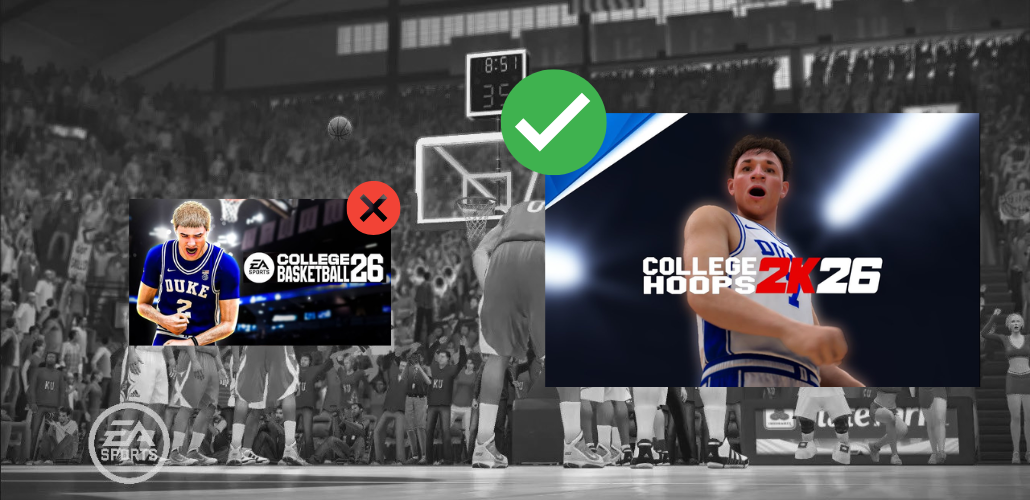Menu
Contact
.png)
Few moves in the history of gaming carry the weight of Electronic Arts’ decision to go private in a $55 billion deal backed by Saudi Arabia’s Public Investment Fund, Silver Lake, and Jared Kushner’s Affinity Partners. It’s not just one of the largest acquisitions in the sector, it’s a potential turning point that could reshape how blockbuster games are made, funded, and played.
EA will retain CEO Andrew Wilson and its Redwood City headquarters, but the shift from a publicly traded company to private ownership opens a new chapter, one filled with both opportunity and risk for one of gaming’s most influential publishers.
In the best-case scenario, this deal liberates EA from the relentless quarterly earnings cycle that often stifles creativity in favor of predictable profits. Without the need to appease Wall Street every three months, EA could take bolder bets: reviving dormant franchises, nurturing experimental projects, and exploring new markets.
Its sports portfolio, from FIFA to Madden, could see expanded licensing and deeper innovation, while live-service titles like Apex Legends might benefit from stronger esports ecosystems, narrative expansion, and community investment. On a strategic level, EA could use its new flexibility to scale subscription services like EA Play into a true rival to Xbox Game Pass. If successful, this could set off a wave of competition across the industry, fueling more investment in technology like AI, VR, and cloud gaming, and ultimately delivering richer, more diverse content for players.
But the risks are just as significant. Financing the deal includes roughly $20 billion in debt, and private equity backers are notorious for prioritizing efficiency and returns over experimentation. That could translate into studio consolidations, layoffs, and a narrow focus on high-margin franchises at the expense of riskier, more creative projects.
There are also broader cultural questions. With Saudi Arabia’s sovereign wealth fund as a leading backer, concerns about creative independence, censorship, and political influence are hard to ignore. Gamers may find themselves facing an industry where blockbuster titles lean heavily on monetization, microtransactions, and predictable formulas, leaving less room for artistic risk or indie-style innovation.
EA’s move to go private is more than a corporate reshuffling, it’s a statement about where the power and money in gaming are flowing. Sovereign funds and private equity firms are no longer passive investors; they’re active players shaping the future of the industry.
The question is whether EA will use this moment to reinvent itself and push gaming forward, or whether the pressures of debt and political influence will narrow its vision. For gamers and developers alike, the stakes couldn’t be higher.
.png)
Just in time for this year’s Tokyo Game Show, Sony has yet again given us another State of Play giving us another 35-minute presentation of exciting updates and surprises.
.png)
Nintendo's September Direct just dropped a bunch of announcements, and while there’s lots to dig through, here are the highlights that got us excited—and probably you too. Whether you’re hanging onto your Switch or gearing up for the Switch 2, there’s plenty to look forward to.

Thanks to PlayStation’s State of Play, we now get a preview of what looks to be a worthy reboot for the iconic globetrotter.

According to reporting from Extra Points, EA has rescinded its licensing proposal after enough schools nationally chose to license with 2K instead.